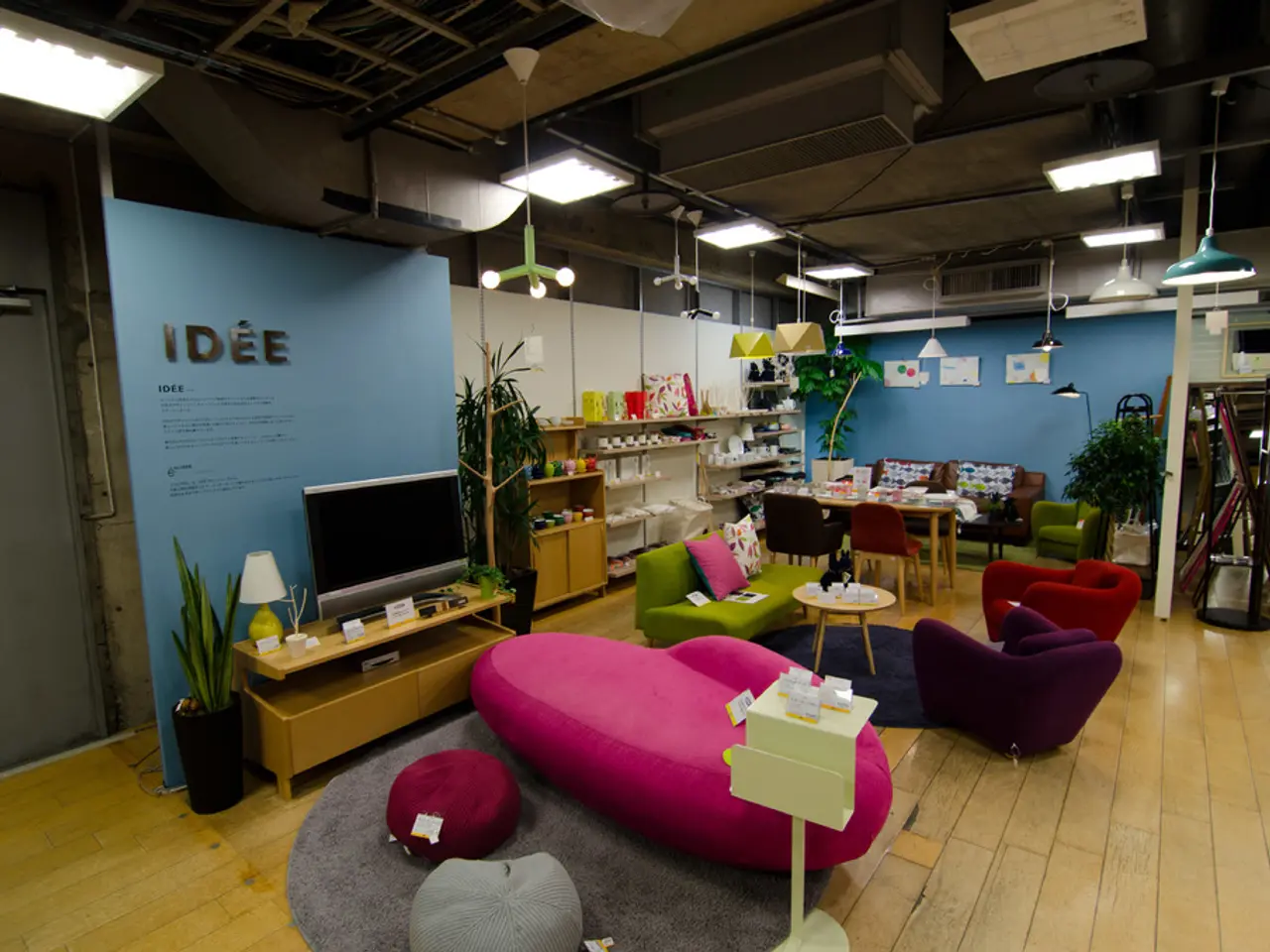AI Assistants Moving Into Smart Homes Via Device Integration
The future of home living is becoming increasingly smart, with the integration of artificial intelligence (AI) taking centre stage. Personal AI assistants, such as Amazon Alexa, Google Assistant, Apple Siri, Samsung Bixby, and Microsoft Cortana, are transforming the way we live by serving as central hubs for seamless voice interaction, device integration, and automation across various smart home functions.
One of the most significant advantages of these AI assistants is their ability to control smart home devices using voice commands. From lighting and climate control to security and energy management, these assistants enable users to manage their homes with ease and convenience. For instance, Apple Siri controls Apple's HomeKit ecosystem, including smart lights, locks, and thermostats, while Amazon Alexa works with Echo devices and thousands of smart home gadgets.
AI assistants also play a major role in home security and surveillance, providing enhanced safety and security for users. AI security cameras can notify unusual activity in smart homes, and AI-enabled smart vacuum cleaners, like Roomba, can learn floor layouts, helping to maintain a secure environment.
Moreover, AI will seamlessly integrate with more Internet of Things (IoT) devices, enhancing smart kitchens, home gyms, and healthcare systems. AI-powered appliances, such as refrigerators, can suggest meal plans and track food expiry, while AI-based lighting control can adjust brightness based on time.
However, while AI assistants bring numerous benefits, there are also challenges and concerns. Privacy and data security are key issues, with voice data transmission and surveillance being major concerns, especially with assistants like Alexa that use cloud-based voice analysis. Companies are seeking to embed transparency, dynamic consent, explainability, and user overrides to maintain trust.
Compatibility issues and a learning curve and setup complexity are other challenges that users might face. Nevertheless, the market is evolving, with the shift from hardware dominance to software and AI orchestration. Differentiation increasingly relies on the depth of ecosystem integration, privacy approaches, and vertical services like shopping and entertainment tied into the assistants.
AI-assisted technologies can provide smart home automation, health tech, and accessibility tools. AI-powered washing machines can detect fabric type for better washing, and AI-powered accessibility tools can help visually impaired users with voice-controlled AI assistants and AI-based speech-to-text tools for hearing-impaired individuals.
In summary, personal AI assistants profoundly enhance the smart home ecosystem by enabling integrated control, increasing automation and energy efficiency, and pushing toward more intelligent, proactive home environments. They contribute to energy efficiency by automating energy usage, leading to potential cost savings and a sustainable lifestyle. However, it is crucial to address privacy and ethical concerns to ensure a safe and trustworthy user experience. The future of connected homes is exciting, with continuous updates improving functionality and monetization, and differentiation increasingly relying on the depth of ecosystem integration, privacy approaches, and vertical services.
- As the integration of AI continues to revolutionize home living, smart-home devices such as refrigerators and washing machines are now being powered by AI, suggesting meal plans, tracking food expiry, and detecting fabric type for better washing.
- Beyond home automation, AI-assisted technologies are also making significant strides in health and wellness, offering accessibility tools for visually impaired users, including voice-controlled AI assistants and AI-based speech-to-text tools.
- The role of AI in entertainment is also evident, with AI-powered devices providing an immersive and personalized entertainment experience through seamless integration with an array of gadgets.




